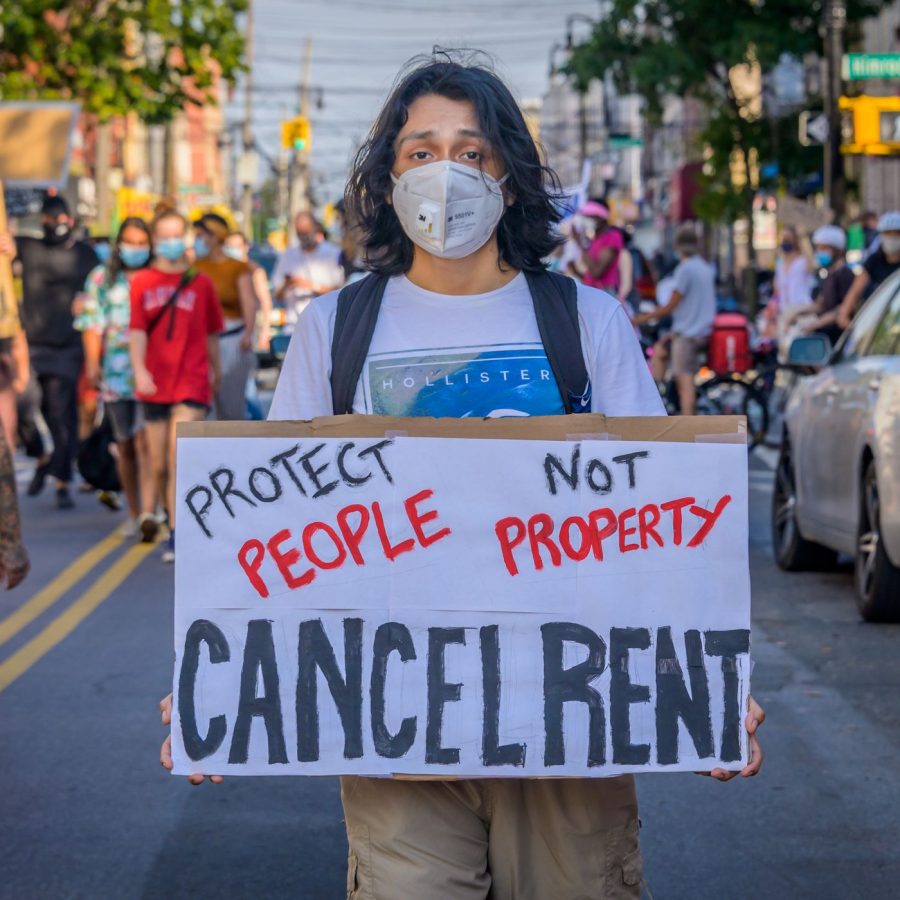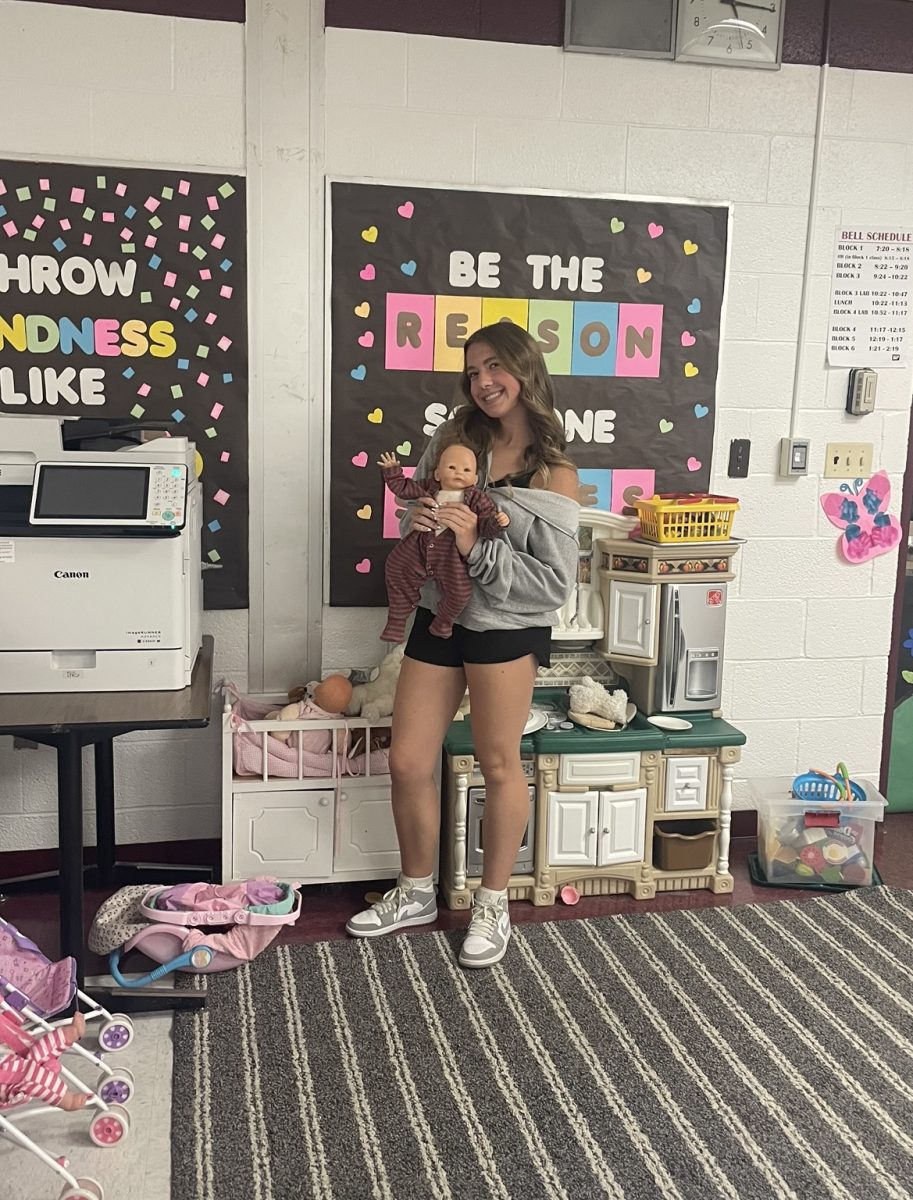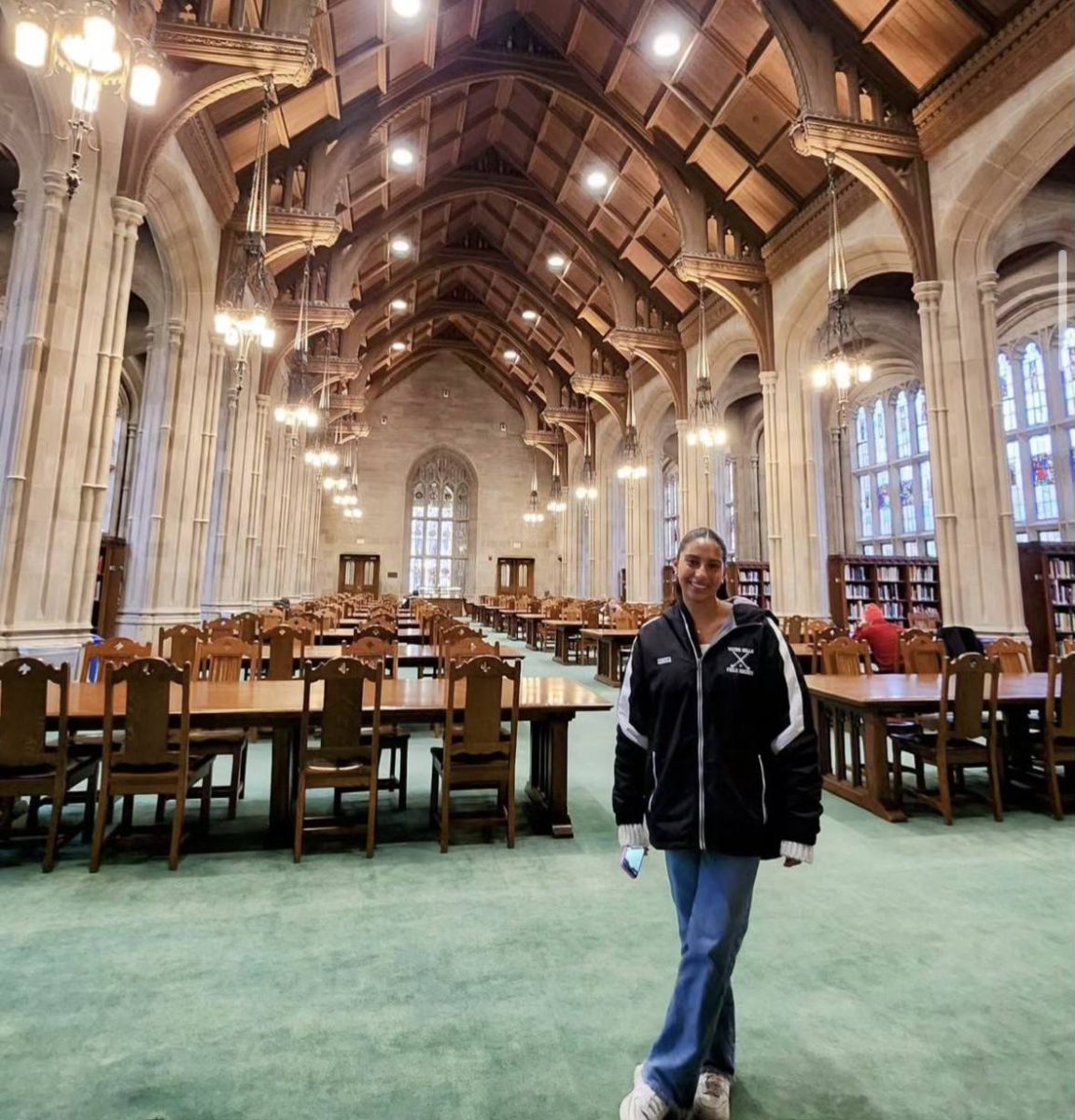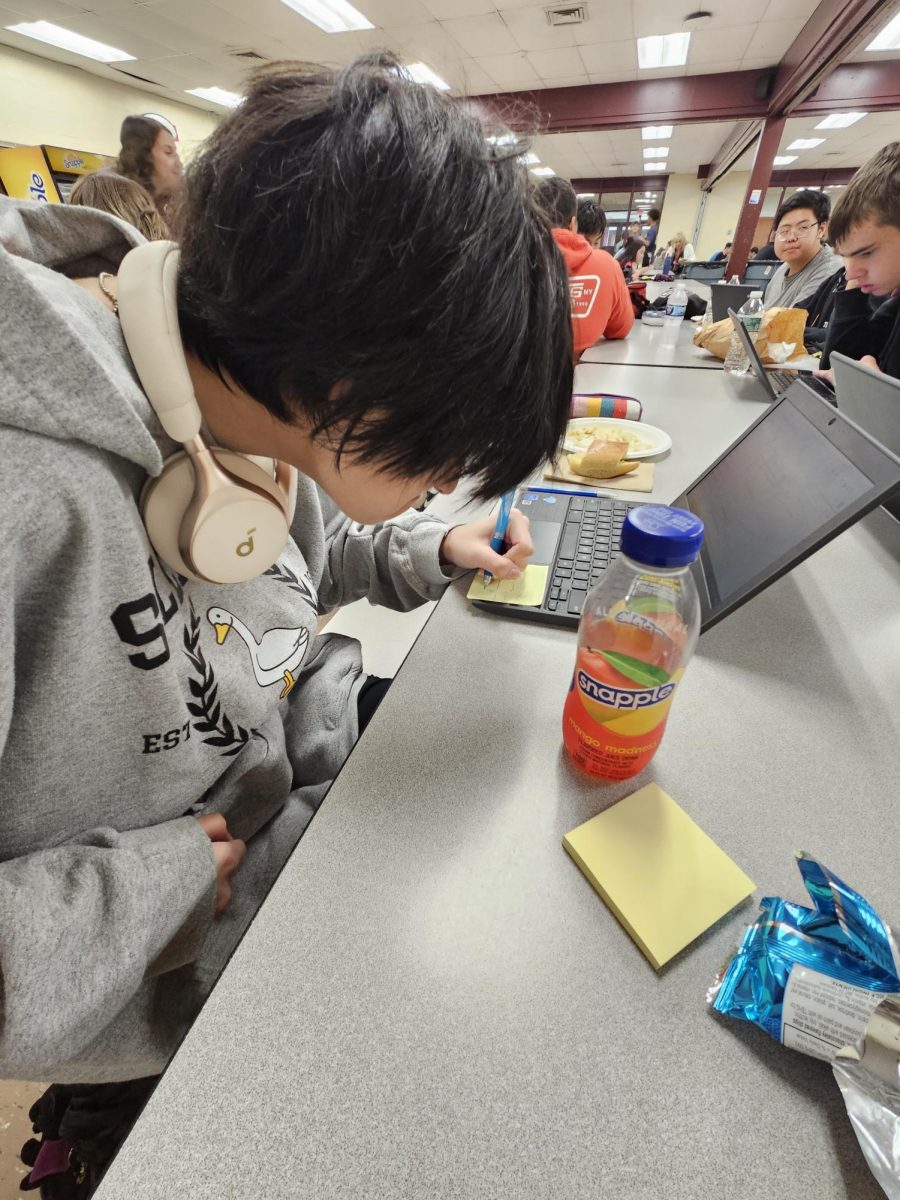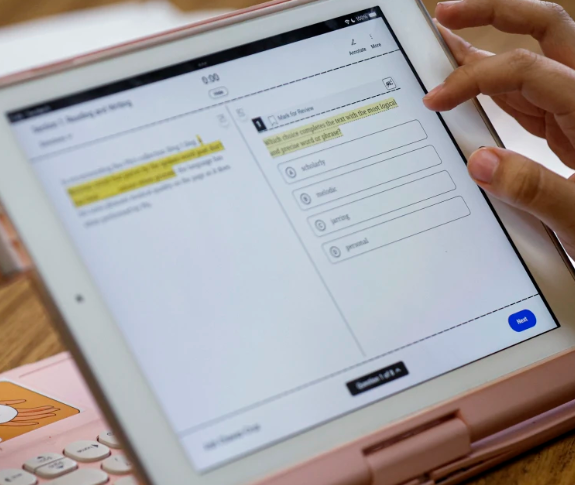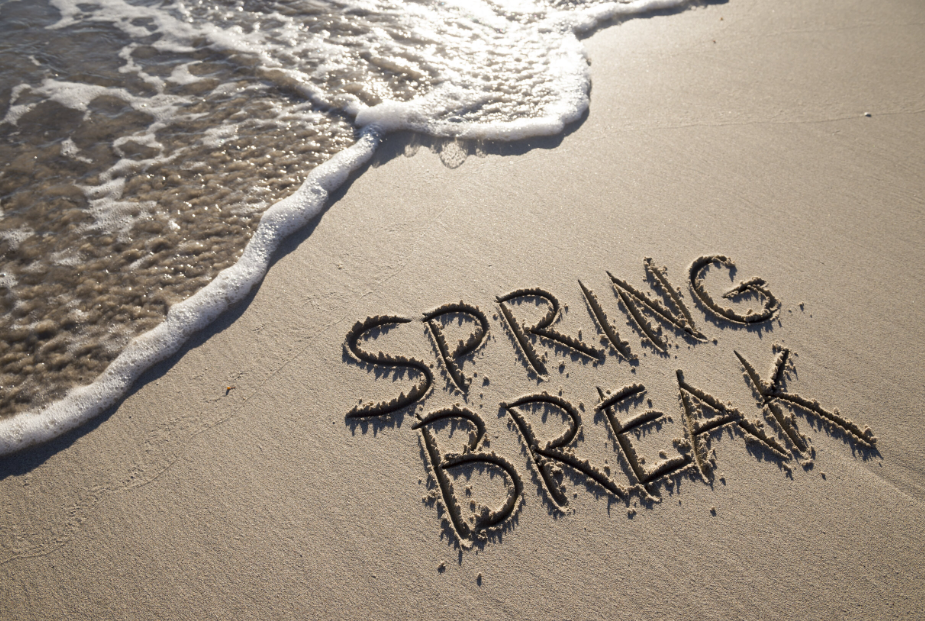Our Incoming Eviction Crisis
March 15, 2021
We all worry about how COVID-19 will make life harder for us. It challenges our mental and physical health, school life, social life, and the extracurricular activities we participate in. But how many people actually worry about keeping a roof over their head?
In January, it was estimated by Time that nearly 12 million tenants owed an average of $5,850.00 in rent and utilities to their landlords. COVID-19 has shut down small businesses, bars, and restaurants, which strained the blue-collar job market. Millions of Americans saw their financial security go down the drain as unemployment rates increased.
The January Census Bureau survey reported that 11% of Americans were unable to get enough food to eat. As unemployment rises, so does debt, and many Americans are clinging onto their homes with a thin string.
So who’s to blame? People like to turn to point their fingers at the landlords– the “greedy fat-cat” ones that do not care about the millions of people who are struggling to pay rent. Surprisingly, this is not always the case. In fact, the National Association of Realtors claims that most landlords (more than 70%) are regular people, who simply own property to pay their bills and monthly costs. These people need the rent money for their own financial survival but currently cannot receive it from their unemployed tenants.
Several states have made it temporarily illegal for tenants to be evicted by landlords. The Centers for Disease Control and Prevention issued a federal ban on such as well. The deadline for this federal ban was supposed to be January, but President Joe Biden recently extended it to March 31. The federal government also issued relief bills to help some families cover expenses, and people are anticipating the third one to come soon.
Despite the ban, people still got evicted during these harsh times. It was found by Time that about 35% of the people that faced eviction were African-Americans. Interestingly, about 75% of the landlords are estimated to be white. Racism also appears to play a role in this incoming crisis.
As March 31 gets closer, all the other landlords face these haunting questions: Should I evict my tenants, or should I keep them in? What if I can’t pay my own expenses? Should I prioritize others over myself, even if I’m struggling right now?
Most officials predict that the ending of the ban will lead to a national state of panic and a huge wave of eviction. Families will be forced out onto the streets and struggle to find shelter. To make matters worse, eviction may increase the transmission of COVID-19 and worsen our current health situation.
“Considering the stressful times and the mass amount of people that were laid off, I believe that the government should extend the federal ban on eviction,” says Irene Hwang, Wayne Hills sophomore, before continuing, “Lots of people have lost their jobs and without having a house would increase homelessness.”
When asked about the argument that landlords may be damaged by the federal ban on eviction, Hwang ponders a moment before adding, “I understand that landlords must get their payment in too, but it’s difficult to just evict all the people in the building. There would be so many vacancies in buildings if that were to happen.”
Whether you agree with eviction or not, one thing is clear: if we have roofs over our heads, we should be thankful and help others in any way we can.



